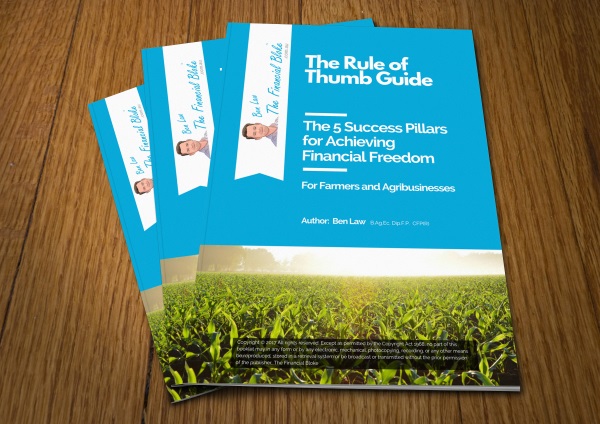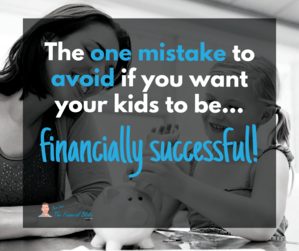As a parent, one of the greatest priorities in our life is ensuring our children and grandchildren are happy and successful. We teach them to be good kids - kind, compassionate, intelligent and resourceful.
We remind them that if they work hard, success will follow. And for the most part, we are right.
I believe one of the greatest indicators of the next generation’s prosperity is whether our kids ‘understand money’ - or as I like to say, they have developed strong ‘money muscles’. You see, just as our actual muscles must be worked in order to remain strong, so too do our ‘money muscles’.
Unfortunately, as a financial planner with over 20-years experience, teaching our kids about money is one glaring oversight I find all too common in our children’s education.
Now, before you get all, ‘Ben, money doesn’t buy happiness’ or ‘money is the root of all evil’ just hear me out!
While I agree that money itself may not necessarily ensure you or your children’s happiness and success, teaching them how to have a healthy relationship with money and ultimately a sound level of financial knowledge, will have a lot to do with it!
In my personal experience, children who haven’t been taught how to be ‘good with money’ will have an increased chance of being highly stressed as an adult, have strained personal relationships and are more likely to do it tough overall.
It is important to note that most children are not born naturally ‘bad with money’. Some may have developed poor habits towards money through learning from their parents and the media. Unfortunately though, many just haven’t been given the opportunity to develop their money skills.
So, whose responsibility is it to teach our young ones these skills? Well really, schools should - but the fact is schools don’t, so the obligation falls squarely with family. Mum and dad, aunties, uncles and grandparents. The gift of teaching your kids about money will set a solid foundation for their future success and happiness.
If you want your kids to be ‘money smart’, or have big ‘money muscles’, it’s crucial they develop financial skills from an early age. It is never too early to start talking about money, likewise, it is never too late.
I believe educating your kids on how to be money smart doesn’t have to be difficult. It is generally best achieved by simply having regular conversations about money and including finances in your families everyday conversations.
Failing to incorporate constructive money discussions into your everyday family conversations with your kids, is the one mistake you want to avoid if you want your kids to grow up money smart.
Talk to young kids about pocket money, and the difference between paid and family jobs, budgeting, saving, the costs of ‘stuff’ – practice at the supermarket, when paying bills, at the ATM or when deciding whether to buy a luxury item. Talk to them about the basics such as how to budget, spend wisely and save.
As children get older, talk them through the pros and cons of saving to buy a home, credit cards, personal loans to buy cars, investing, superannuation and budgeting.
Ultimately teaching your kids how to be money smart will establish good money habits and pay dividends for life.
There is a fantastic basic resource on the ASIC website to help start the conversation with your children, www.moneysmart.gov.au/life-events-and-you/families/teaching-kids-about-money – start the chat with your kids today, it’s a conversation that could prove the greatest long term asset of their life.
If you think others might benefit from this blog, please share this blog and help me spread the word.
Cheers,

Find my other work in The Land.
Download our free eBook

Know it or not, all farmers have a
Wealth Windmill which when set up
right, will pump all the wealth you
and your family need to be successful.
To unlock your FREE copy and receive
my monthly blog, register below.

